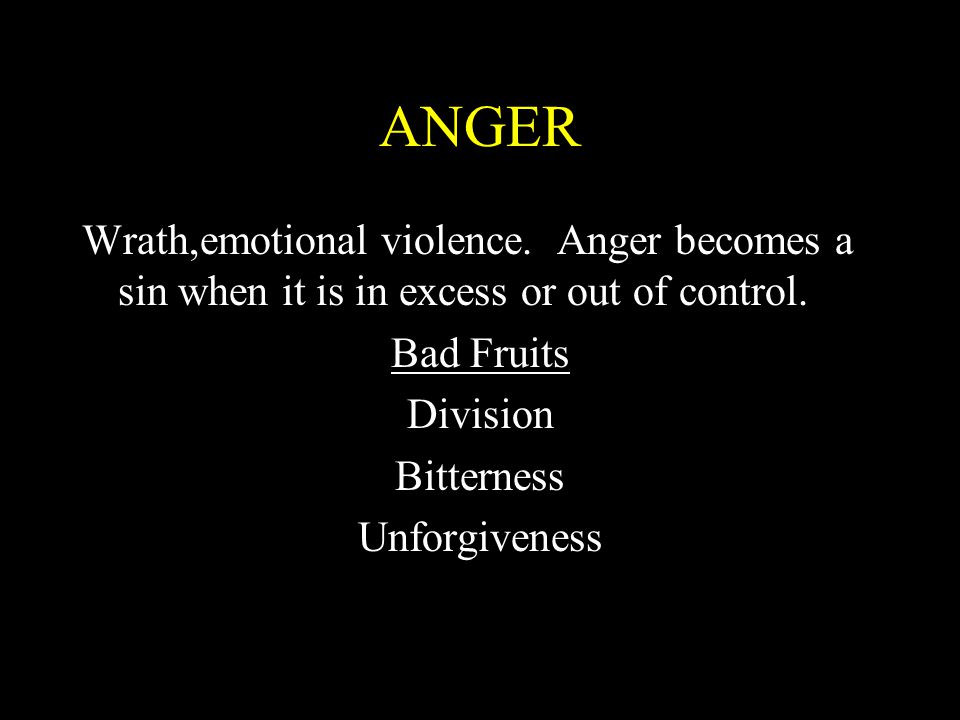Anger is something we are all familiar with and often guilty in both small and big ways. The rector of a Catholic college whose field is psychology focuses our attention on the capital sin of anger and gives us some examples of it in his article in the Kyeongyang magazine.
A young man in his early 30s in meetings gets excited and has the habit of getting angry. He pushes his ideas to an extreme degree and when someone expresses a contrary opinion he gets angry. He is embarrassed but repeats it. He hates himself when it happens, becomes despondent, has problems with those he works, and critically affects his spiritual life.
Reasons for anger are many: self-respect, excessive self-consciousness, excessive confidence in one's opinion, guilt conscious, can all be in the mix making for a vicious circle which ends up with sadness and alienation. The person may be considered as a straight shooter, a leader but at the same time seen by many as one who is not open and feel sorry for the person for the difficulties he brings to life.
Those who frequently get angry and are overcome with passion should examine themselves for pride and self-centeredness. They have to look deeply into this area of their personality.
First looking into the element of pride. When others express their opinion does this upset one? Is attacking what I consider important seen as an attack on me? When this happens frequently and the response is excessive we have a problem. This is a question of hypersensitivity. One needs to work on separating oneself from the ideas expressed healthily. Otherwise one can find the ideas in a meeting that are different as an attack and one needs to deal with these internal feelings.
Secondly, the problem may be self-centeredness. From an early age, we hear that a person with a forceful position wins. Some accept this and find themselves not winning the acceptance and respect of others. A healthy person has concern for the views of another which will result in harmony and joy and recommends a short prayer precisely to enable one to do this. This will allow one to practice some of the virtues.
He concludes the article with another example of a man in his 50s who has a habit of talking about others behind their back and they are usually those in authority. This appears in the workplace and in his daily life.
We all have feelings of anger that show we have ideals and desires. When they are attacked a very natural reaction is anger. We are still very much alive but when expressed we need to remember that we'll meet with both small and large negative results.
Anger can be distinguished in two ways. Anger toward a person followed by abusive language or demanding an explanation. The other response is to talk behind the person's back or not to listen, it is passive anger, also called passive-aggressive behavior. It will often find those with similar feelings and bring about division within a community
He reminds us that with such persons we are dealing with a troubled child within and it often shows facially but few understand this. A person who is confronted with such a situation needs to determine what is desired? At times it is crying out for love. If one doesn't find the reason one will take joy away from those with whom one relates. Such a person should spend serious efforts in determining what is truly wanted.
